Lament, a natural, healthy response to unfair suffering and death, has largely disappeared from modern life and thought. This book reaffirms ancient Greek and Hebrew conceptions of lament as a protest against death as fate. Richard A. Hughes finds lament to be basic in the Bible, and he traces the decline of lament, beginning with Plato's antifeminist critique and early Christian theodicy, through the church fathers and the Protestant reformers. He shows that lament was displaced by classical doctrines of providence but recaptured in the modern existentialist revolt against unjust suffering. Hughes discusses the need for lament in the present age of mass, catastrophic death.

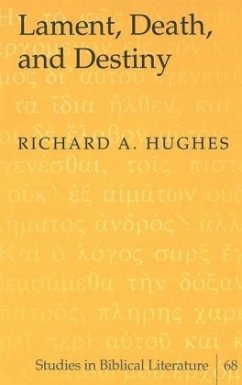
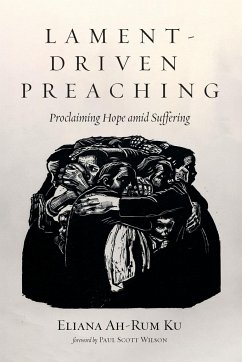
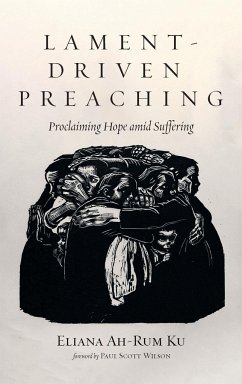
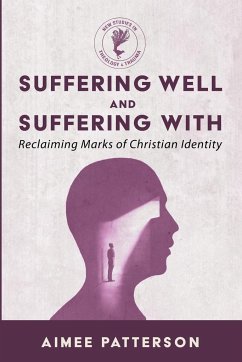
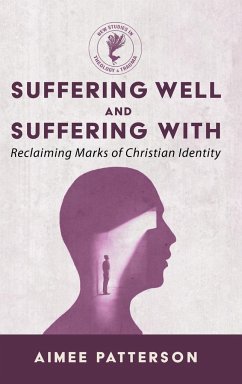
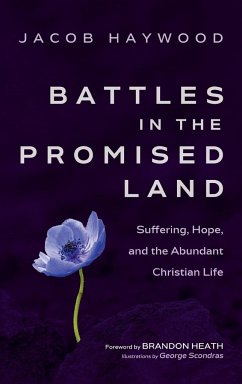
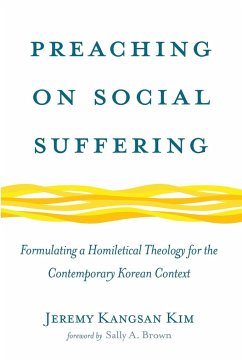
![The Authentic Life of T. DeWitt Talmage, the Greatly Beloved Divine [microform]: a Narrative of His Life and Deeds, Suffering and Death, Together With The Authentic Life of T. DeWitt Talmage, the Greatly Beloved Divine [microform]: a Narrative of His Life and Deeds, Suffering and Death, Together With](https://bilder.buecher.de/produkte/65/65540/65540596m.jpg)